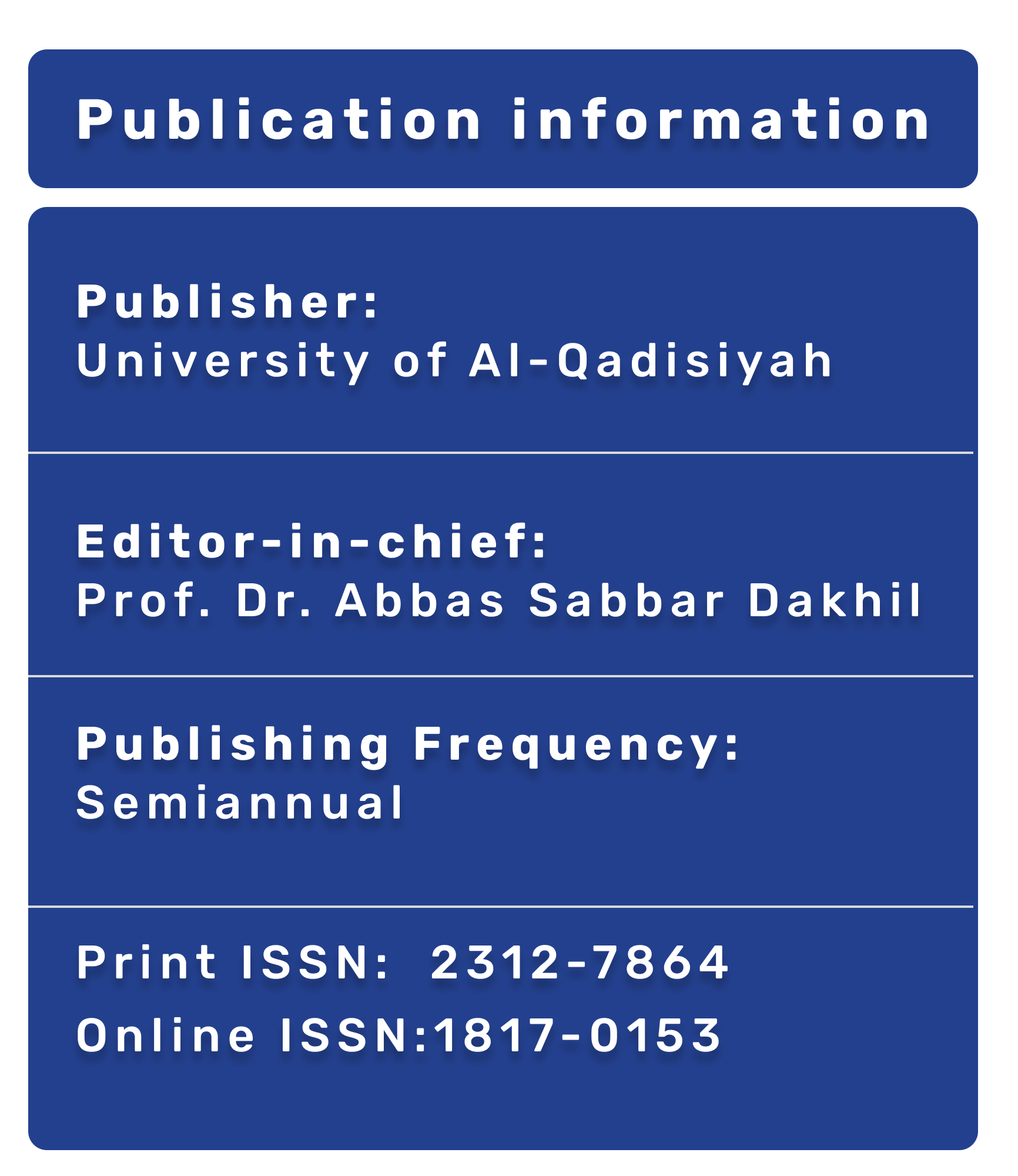الأعمال الأكثر قراءة لنفس المؤلف/المؤلفين
- Hummady A. Al-Hilaly, Aalan H. Al-Zamili, Sarah F. Al-Hamzawi, Immunological Status of Hepatitis vaccin among B-Thalassemia major patients in Diwaniya , مجلة القادسية الطبية: مجلد 11 عدد 19 (2015)
- Hummady A. Al-Hilaly, Razaq Hadi Eissa Al-Sayidi, Faisal G.AL- Hamadani, Isolation and Detection of Echoviruses in Acute Flaccid Paralysis among children under 15 years old in different Iraqi Provinces , مجلة القادسية الطبية: مجلد 9 عدد 16 (2013)
- Hummady A. AL-Hilaly, Khalida M. AL-Mousawy, Jassem AL-Khafaji, Nawal AL-Khalidy, The Implications of HLA Phenotypes in Inflammatory Bowel Disease , مجلة القادسية الطبية: مجلد 4 عدد 6 (2008)
- Maani N. Al-Shimmery, Hummady A. Al-Hilaly, Aqeel Abbas AI-khafaji, Seroprevalence of cytomegalovirus and toxoplasmosis in cases of miscarriages women in Al-Diwaniyah province , مجلة القادسية الطبية: مجلد 7 عدد 11 (2011)
- Hummady A. AL-Hilaly, Rahi Rahi K. AL-Yassiry, Allawi J. Hassan, A study of Antibacterial Resistance Associated with Otitis Media Patients in Al-Diwaniyah Teaching Hospital , مجلة القادسية الطبية: مجلد 7 عدد 11 (2011)








